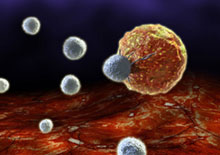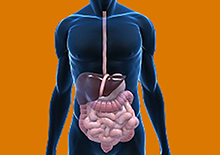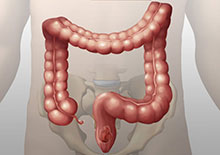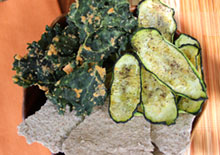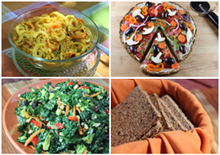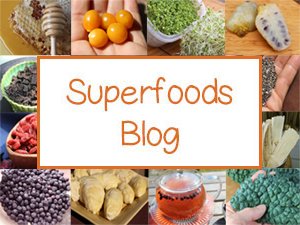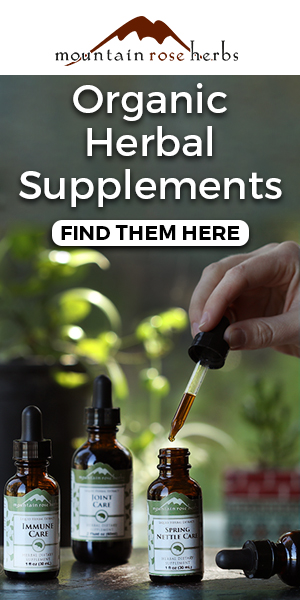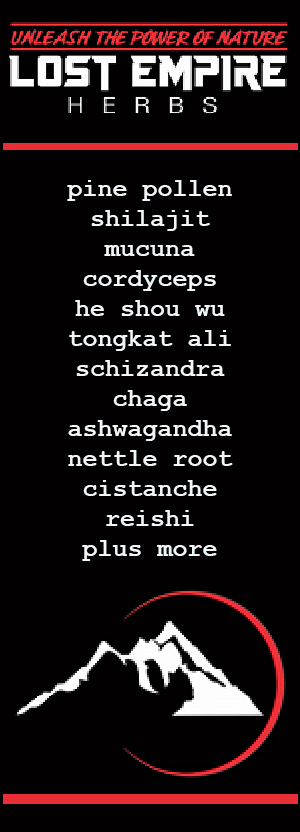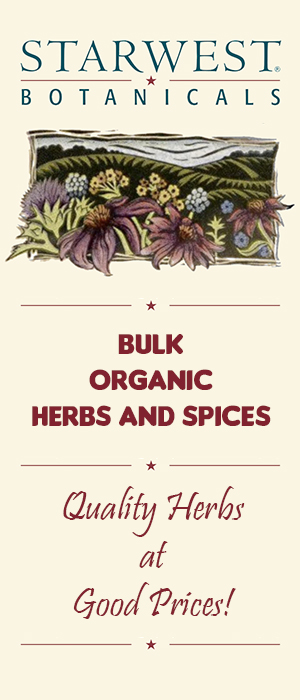- Home
- Diet Plan
A Healthy Diet Plan, Making Choices Tailored to Unique Dietary Needs
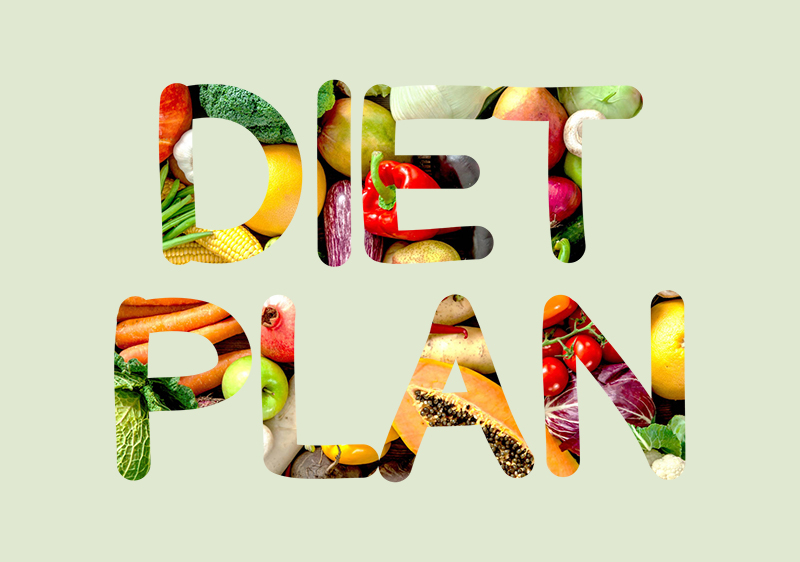
What exactly is a healthy diet plan? Well, there is not a simple answer to this question that will reign true for all people. This is because the foods that may be ideal to eat at any given moment in time may fluctuate depending on our own level of health or lack of it.
Therefore, the best diet plan is often one that is appropriately tailored to one's own specific nutritional needs based on the ever-changing circumstances that life may bring. In this regard, when it comes to "diet", we believe it is best to remain flexible rather than rigid to strict dietary philosophies.
Avoiding the "Diet Dogma"
Table of Contents
"Diet Dogma" | What is a Healthy Diet Plan? | Our Dietary Basics | Benefits
In a world filled with so many "diets", from "raw vegan" to "paleo" and everything in between and beyond, there are always seems to be so many options to choose from. To make matters even more complex, there are numerous "health gurus" these days claiming their "diet" is THE one all humans should be eating.
Our recommendation is to, first, not get stuck in the "diet dogma", a principle or set of dietary principles laid down by an "authoritative" figure as undeniable truth. In other words, the belief that strictly adhering to one diet just because it happens to be working for you or others during a certain period of time, does not mean it should be followed on a long-term basis.
For example, sometimes a juice cleanse for a number of days in a row, can make you FEEL AMAZING, but it doesn't mean that juice fasting for the rest of your life is the answer to lasting wellness.
Likewise, a "raw vegan" protocol might be health-enhancing during a given time, but later integrating some cooked foods as well as quality meat and dairy sources might be equally as nutritious.
From our perspective, "diet" is largely subjective, and should ALWAYS be tailored to unique dietary needs of the individual.
Dietary Needs Can Be Influenced By:
- Distinct body type or constitution
- Level of daily activity or exercise
- Acute and/or chronic health disorders
- Environmental conditions you live in
- Seasonal climate changes
- Age and gender
- Genetic factors
What is a Healthy Diet Plan?
Our Personal Approach
A healthy diet plan is, of course, about being somewhat disciplined about what you eat on a regular basis. In our opinion, however, it should not be about strict dietary limitations or being obsessive/compulsive about everything you put in your mouth all of the time 24/7. This is not our idea of a practical way to approach diet, by any means.
Our bodies are an incredible design and can handle a lot of wear and tear, and occasionally consuming foods and drinks not part of a health-promoting regime is fine as long as they don't become habitual.
It is our belief that: "it's not what you eat once in a while, it's what you choose to eat on a regular basis that matters most."
While "diet is not everything", we feel it can be the key to taking the first steps toward the type of pain-free vibrantly happy existence that we all deserve.
Here at Superfood Evolution we attempt to offer lots of well-rounded information, DIY's, recipes and dietary options to assist those who have chosen to focus a part of their attention on nutrition to achieve such objectives.
We believe that eating foods that promote health can not only support heightened physical vitality but may likewise positively affect emotional and spiritual well-being on various levels. This may come with its own set of side-effects that might perhaps involve taking greater charge of our own lives, making necessary improvements that help us to evolve and be all that we can be in this lifetime.
Eating Animal Foods Vs. Adhering to Vegan Diets
Although we place a primary emphasis on plant-based foods, this is not to say that animal-derived sources don’t have their place. We agree, in small amounts, they can be a very beneficial part of the complete nutrition puzzle.
We personally don't have strict rules about eating meat or dairy once in a while, but we do believe that a diet based heavily on animal product consumption is not a healthy diet choice long-term.
From a vegan perspective, we completely understand the concept of not eating ANY animal foods for moral and ethical reasons. It is really a personal decision you alone must make. Under such circumstances though, we would encourage supplementing the diet with potentially missing nutrients, like vitamin B-12.
Our Dietary Basics
What do we feel are the basic guidelines for a healthy diet? The foods we promote on this website and use daily in our personal lives are sourced from organic, non-GMO, natural and/or minimally processed foods, drinks, sweeteners, extracts and supplements.
Our superfoods list includes a broad range of herbs, fresh juices, seaweeds, ferments, raw fruits, vegetables, sprouts, whole grains, beans, nuts and seeds as well as many top superfoods and super fruits containing concentrated plant compounds.
Many of these foods can offer an increased amount and variety of health-promoting components such as:
What is a "High Raw" Diet and Why Do We Promote It?
A high raw diet is basically the concept of eating between 50-70% of your foods from raw plant-based selections. This encompasses consuming quality organic vegetables, fruits, fats, nuts and seeds that have not been cooked over 115–118° F (45-48°C). This is to ensure that the food retains its natural living enzymes and nutrient content which is often destroyed by heat or cooking methods.
The percentage of raw foods you may wish to consume may vary according to your own body type, environment you live in and current health issues, but generally we find that most people can benefit by counter balancing their diet with more of these alternatives.
Eating a combination of whole cooked foods, along with ample amounts of raw fruits and vegetables helps to provide a good balance of fiber, pH alkalinity, structured water content and the enzymes needed for good digestion. These types of raw foods also encourage regular bowel movements and, with their higher vitamin/mineral content and antioxidant-rich plant pigments, are nourishing as well as cleansing to the body.
Raw foods aren't just about eating more salads or handfuls of nuts though. These raw varieties can be grated, blended, chopped, food processed and dehydrated to create different textures and taste sensations. Essentially, any traditional food from pizza to pad thai can be made "raw vegan style."
When it comes to snacks and desserts, we often find that "raw vegan" options are much healthier substitutes. Raw desserts can also be more suitable for those with a sweet tooth, yet they are energizing, more easily digested and less likely to be stored as body fat.
Benefits of a Healthy Diet Plan
Keep well-informed and updated with our latest pages, DIY's and recipes on our Superfoods Blog or sign up for our Quarterly Ezine.
In our opinion, maintaining a healthy diet throughout the course of one's lifespan is not only taking the preventative approach to sickness and disease, it can help you to feel your best while you are alive on this earthly plane.
While we recognize that individual goals and preferences may differ from person to person, there are some basic things to consider when using the foods that you eat as your nutritive and medicinal allies.
These are digestion, detoxification and the rebuilding process. For more on these recommended steps head over to our healthy diet tips page.
